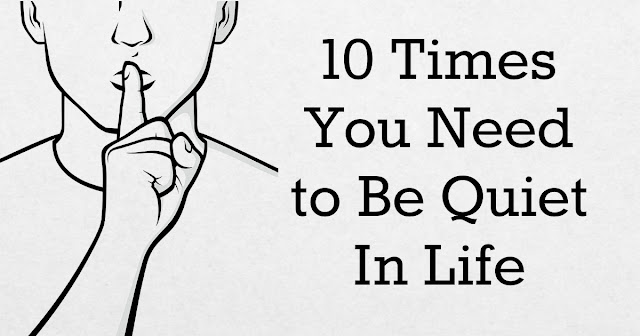Respect is so often thought of as the key ingredient to a great relationship, but it’s a concept that’s hard to define. When it comes to respect, most of us know when we’ve been disrespected.
What we expect when we ask others to give us respect is harder to define. Respect may mean different things for different people.
5 SIGNS YOUR PARTNER DOESN’T RESPECT YOU
Little research has been done on respect because until recently, it had not yet been defined as something that could be measured.
Researchers attempting to study respect in relationships created a definition that included the following psychological traits:
* loving
* caring
* understanding
* honesty
* loyalty
* listening openly
* not abusive or judgmental
* considerate
In another study on respect, the same researchers found that respect was so highly correlated with relationship satisfaction that it seemed to resemble the same concept for research participants who were surveyed.
1. YOUR PARTNER TELLS YOU WHAT IS WRONG WITH YOU
No one is perfect and you certainly don’t need your partner to keep reminding you of that. It’s hard enough for you to accept your own faults without a reminder.
If you hear this from your partner, it’s a sign that they don’t respect you. Tell them that there’s nothing wrong with you, and although you may make a mistake from time to time, you would prefer to hear about all the positive things that your partner likes about you.
2. YOUR PARTNER DOESN’T LISTEN TO YOU
Listening is a basic sign of respect and both of you should have a chance to listen and speak your minds. When one partner interrupts, talks over, or shows disdain for the other person when they are speaking, communication begins to break down.
Responding to your partner when they speak is essential to a respectful relationship. In a study of mindfulness and relationship conflict, researchers found that being fully present in the moment could help couples to feel more respect for their partner after an argument.
The mindfulness study showed that ‘mindfulness may play an influential role in romantic relationship well- being. ‘ It is possible to maintain your cool during an argument with your partner. Try some deep breathing, tighten your abdominal muscles and focus on maintaining emotional control while you work through your problem.
3. YOUR PARTNER ALWAYS GETS TO HAVE THINGS THEIR WAY
A successful partnership has to be a two-way street. One of you shouldn’t be always getting things their way. Compromise, especially on things that are not your top priorities, is key to a respectful relationship.
When your partner tries to control the relationship and insists on having things their way, it is a sign that they do not respect your needs. Try asserting yourself, especially when it is important to you. If your partner still will not allow you to have things your way, tell them that their behavior is unacceptable to you.
4. YOUR PARTNER DISRESPECTS YOUR FRIENDS OR FAMILY
Your partner doesn’t have to love your friends or family like you do, but they do need to treat them respectfully. As a couple, you will be spending time together in the future and part of your lives together will include family time.
It is important to a healthy, respectful relationship for you and your partner to have a good relationship with each other’s friends and family. Even if you are only civil to each other, respect for your loved one’s loved ones is important.
5. YOUR PARTNER IS FREQUENTLY UNKIND
Respect begins by not causing anyone harm. This includes not hurting feelings intentionally. Everyone is responsible for his or her own words and actions. Intentional name-calling, belittling, angry words, threatening language, or even a judgmental or accusing tone are all ways that your partner might show their disrespect.

